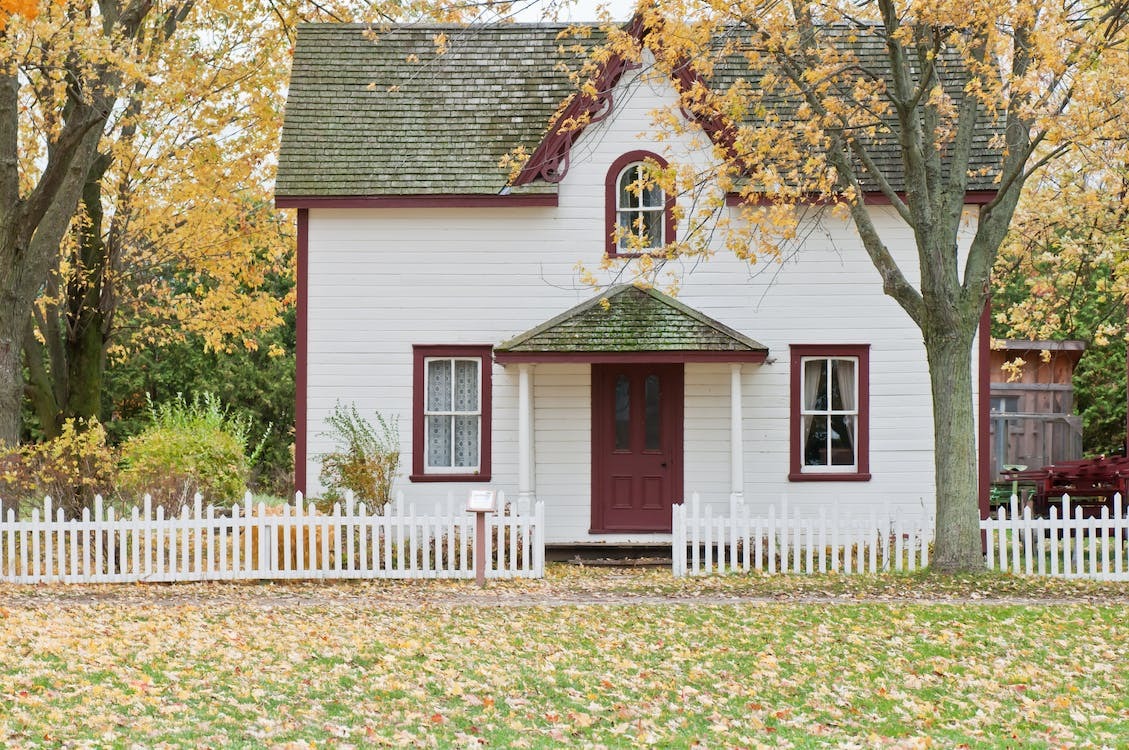Not too long ago, it was a common practice for those entering retirement or becoming empty-nesters to make the sensible choice of downsizing from their spacious 2,500-square-foot houses. Selling their homes and opting for more compact condos in snow-free locales was the norm.
However, the landscape has evolved, and many homeowners today are challenging the traditional retirement downsizing trend.
Tory Yates, a real estate agent at Century 21 Redwood Realty in Frederick, MD, points out that downsizing your home is a significant decision that comes with its own set of pros and cons. While there are valid reasons for downsizing, it’s equally important to consider potential downsides before taking the plunge.
If you’re currently pondering whether to reduce your living space or maintain your current abode, here are seven compelling reasons to think twice about downsizing:
1. Mortgage rates might not make moving advantageous right now. With mortgage rates hovering around 7% for 30-year fixed-rate loans, homeowners with lower rates may find it more economical to stay where they are. For instance, if your existing home carries a 2.95% interest rate for the next 15 years, moving to a smaller house could lead to similar housing payments over the same period due to today’s higher interest rates.
2. Selling your home may entail costs that outweigh the immediate financial benefits. Factors such as real estate agent commissions, closing costs, and market conditions can impact the potential return on your investment. Additionally, capital gains tax implications may make retaining your larger home a more sensible choice.
3. If you envision aging in place, your current home may be better suited for modifications that accommodate your evolving needs. Smaller homes might not provide the necessary space for mobility aids or health-related adjustments, such as wider doorways and ramps. Larger homes offer more flexibility for implementing aging-in-place modifications.
4. Downsizing may require sacrificing rooms and storage space that you’ve grown accustomed to, potentially making you less comfortable and fulfilled. These sacrifices might include giving up an office, bathroom, or cherished storage for holiday decorations. The loss of space for family gatherings and sleepovers could also be a consideration.
5. Your extra space could serve as an opportunity to generate additional income. If you’re living on a fixed income in retirement, renting out spare rooms through platforms like Airbnb can supplement your finances and improve your quality of life. Alternatively, you can explore options like renting out storage space or adding an accessory dwelling unit (ADU) in your backyard.
6. Larger homes are conducive to multigenerational living arrangements. Whether it’s accommodating an aging parent who can’t age in place or providing housing for your adult children and their families, the extra space in a larger home offers privacy and comfort for everyone involved.
7. Emotional attachment to your current home is a valid reason to bypass downsizing. Many homeowners have deep sentimental connections to their residences, finding comfort in the memories and history associated with their spaces. Retiring is already an emotionally challenging transition, and parting with a beloved home can add unnecessary stress.
Ultimately, the decision to downsize or stay in your current home is a deeply personal one, influenced by a combination of financial considerations and emotional ties to your living space.


